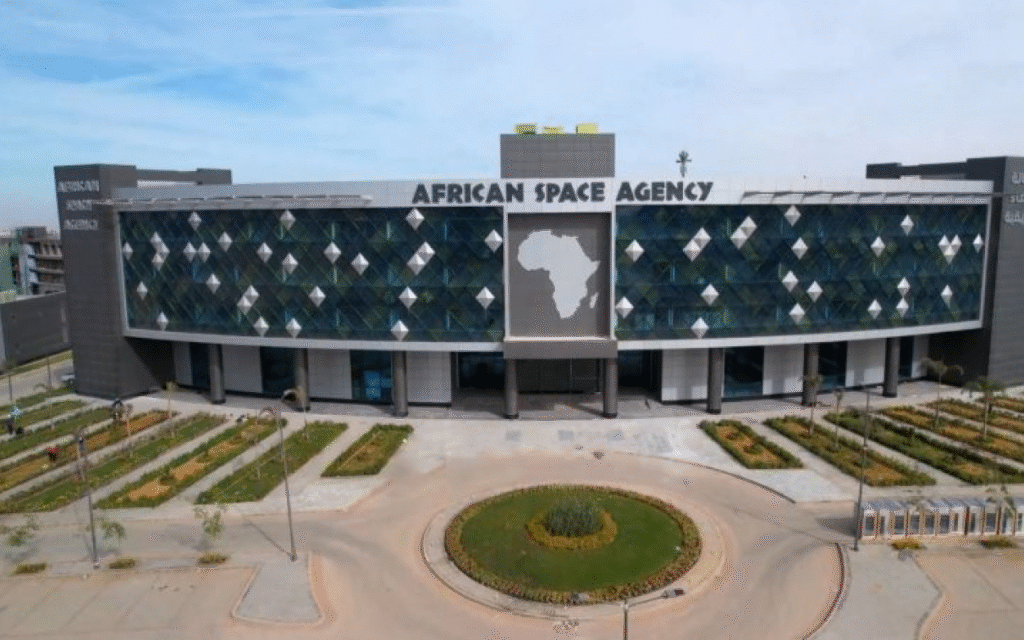Nearly three decades after Egypt launched its first satellite into orbit, the African Space Agency opened its doors in Cairo with a mission to expand the continent’s role in space.
Based at the Egyptian Space City, the agency, known as AfSA, is tasked with coordinating the work of Africa’s various space programs as well as ensuring access to space-derived data, information, services, and products. The agency was established by the African Union (AU) in 2018.
“Space activities across the continent have been very fragmented,” Meshack Kinyua, the African Union’s space applications training officer said. “The [agency] … places all African Union members on an equal footing regarding access to gathered data based on their needs.”
African space agencies are working with their European counterparts to train technicians and gain knowledge to build satellites and process data. Senegalese engineers, for example, developed their nation’s Gaindesat-1A after five years of training at France’s University Space Centre of Montpellier. The 2024 launch of the small weather satellite marked the start of Senegal’s space program.
“The African space program is in the embryonic stage right now,” Kinyua said in an African Union video. “We are working directly to make sure the member states have the capacity in terms of infrastructure and in terms of human capital development.”
At least 21 African nations have space programs. Most of those have started during the past 25 years as the cost of developing and launching satellites has fallen. Since Egypt launched its NileSat-1 in 1998, 19 African nations have put 67 satellites into orbit, according to SpaceHubs Africa. Botswana became the continent’s newest space-faring nation when it launched BotSat-1 on March 15.
BOTSAT-1 was developed by the Botswana International University of Science and Technology with the goal of improving farming, monitoring disasters, and tracking weather.
African nations expect to triple the number of satellites in orbit over the next few years. Space advocates see Africa’s growing role beyond the atmosphere as vital to the future, whether the technology is used to predict the weather, create secure communications, or track terrorists’ movements across the continent’s porous borders.
“Space is critical to national security for African countries in a way that extends far beyond traditional defense operations,” Temidayo Oniosun, managing director of Space in Africa, told an African Center for Strategic Studies webinar on Africa’s growing space program in 2024. Toward that end, the Africa Space Agency’s mission rests on four pillars: earth observation, satellite communication, navigation and positioning, astronomy and space sciences.
Kinyua says developing Africa’s space program will help the continent become a bigger part of international research into the Earth and space. At the moment, African researchers contribute less than 1% of the global scientific knowledge base, he noted.
While African nations are busy developing their own satellites, they still must rely on international assistance to get them into orbit because there is no launch site on the continent. Once the satellites are in orbit, African nations also rely on foreign entities to track them and monitor their conditions.
Despite that, new space programs create the potential for the continent to become a major player in the space industry, according to analysts.
Kinyua sees Africa’s growing space program as a way to engage African students studying math and science and keep them from seeking employment in Europe, Asia or the Americas.
“Africans are migrating out to work in space programs elsewhere,” Kinyua said in an African Union video. “We are losing in terms of dividends in this sector.”

